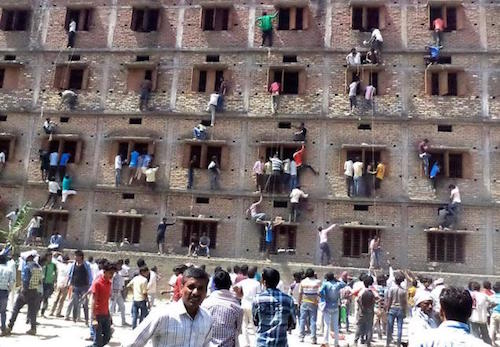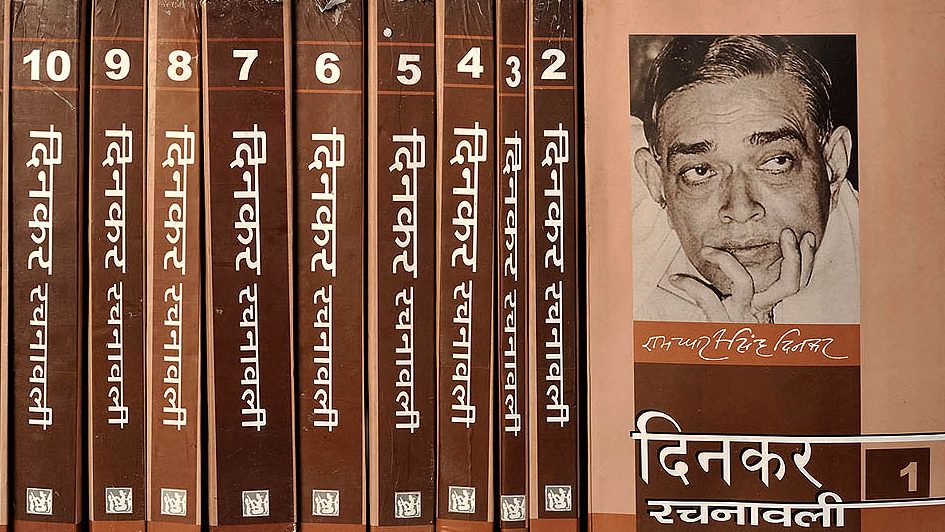Dear Dadu
I’m told that our government is manipulating figures to make our national economic growth look bigger than it is in fact. Is that so? And, if so, how is that sort of thing different from cheating in a school exam?
Love
Saral
Dear Saral
Before I discuss your question, let me take a moment to lay out the facts:
- In the last year under our previous PM, Dr Manmohan Singh, the growth rate of our economy was 4.7 per cent (the growth rate was poor primarily during the last two years of his regime; in the previous years, growth had been much better – some years had been outstandingly good).
- Since the coming of our new government, if economic growth is calculated in the same way as it was under the rule of Manmohan Singh, our economy has grown at a rate that is only 0.5 per cent higher (ie, the actual rate of growth is 5.2 per cent).
- However, our current government has changed the way that economic growth is calculated, so the growth rate that has been announced is 7.4 per cent (ie, more than China’s!). The changed way of calculating growth gives us an illusory benefit of claiming a growth rate 2.2 per cent higher than it is in reality.
 Now I come to your question, which I understand to be: how is such cheating regarding facts and figures by governments different from cheating in exams by students?
Now I come to your question, which I understand to be: how is such cheating regarding facts and figures by governments different from cheating in exams by students?
We could spend a long time listing the differences, but let us get to the important point: cheating is cheating.
Many governments cheat in order to have their performance look better than it really is – and students cheat in exams in order to look more intelligent, hard-working and mentally equipped than they are in fact.
What is wrong with cheating, whether by governments or companies or groups or individuals?
The answer is at two levels.
First, what is wrong is that sooner or later people realise the truth – and, when they do, trust in the cheater is broken. And that can happen in an instant, even though trust takes ages to build up by painstakingly performing according to standards and expectations.
Second, what is wrong with cheating is something more fundamental. You are false to yourself. And the gap between that falsity and reality creates a tension within yourself. That tension will sooner or later lead to underperformance, mental sickness, physical sickness, personality problems, or problems even in your closest relationships. If I am not at ease inside myself, how can I expect to be at ease outside myself, in other relationships?
Some introspection
Now, dear Saral, the problem is this: we all cheat from time to time. I have done so and you have done so. Anyone who claims that he or she has never cheated is only fooling himself or herself. Rather, such people are cheaters at a higher level! By that I mean that they have cheated, first, at the everyday level, and now they are deceiving themselves into thinking that they did not cheat.
One needs to acknowledge that one has cheated, that one has done something wrong, before change becomes possible. Without such acknowledgement, growth in personality is impossible. The individual or group continues in the patterns that led to such cheating in the first place.
But if one acknowledges to oneself and to others that such cheating has taken place, and then seeks to set things right, and resolves not to cheat again, then one moves beyond at least that self-deceit.
Interestingly, as I have grown older, as a result of practising such acknowledgement and setting things right as far as possible, I have come to recognize much more subtle ways in which I have cheated myself and others. In fact, there are even things that I did with the best of intentions, which I now recognize to have been wrong actions – or at least actions with bad consequences. Moreover, I see that there are many good things that I could have done which I did not do.
You will probably be asking if such self-examination will not result in paralysis, as a result of drowning in feelings of guilt and shame, if we allow ourselves to see how much damage we have done to others and to ourselves?
I find myself saved from paralysis and shame because I see three things in the death of Jesus on the cross. First, I see that God loves me in spite of all my failures and mistakes. Second, I see that he has paid the whole cost of my failures and mistakes. Third, I see that he has done so in order to set me free to acknowledge my failures and mistakes, and to enable me to grow beyond them.
Love and forgiveness are powerful motivators for change but we also need strength from God in order for any actual change to take place at these deep levels of one’s personality. That strength is what I receive when I accept the words of Jesus that he will send his Holy Spirit to live within us if we wish and ask.
Whether or not one wants to accept the words of Jesus, the simple fact is that, if we are not ourselves changed for the better, we cannot be agents of positive change in our surroundings.
What is true for individuals is also true for governments. Unless they learn to walk in the path of truth by acknowledging failures and mistakes, no real growth is possible in their character – that is, in their capacity to enable real transformation in our country.
We may or may not be able to convince any government to operate on the basis of acknowledging mistakes and therefore learning to do better, but we should be able to go up that path ourselves.
Love
Dadu
Published in the July 2015 issue of the FORWARD Press magazine





